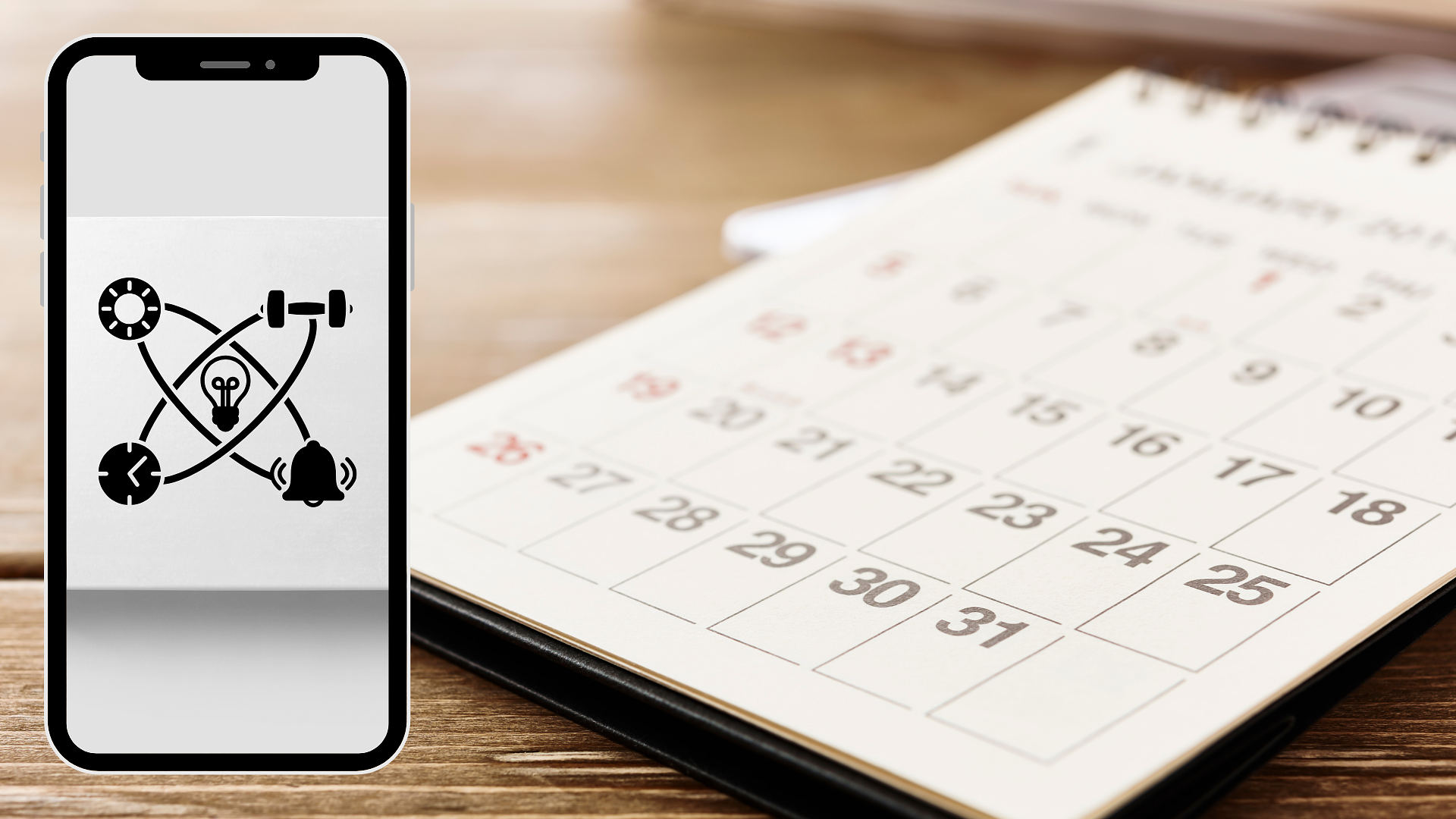New habit for the New Year? Try this.
mindfulnessOne strategic approach that helped me not give up on new habits.

So, it’s the start of the year. ‘New year, new me’ I hear you say. You buy all the gear (and no idea) and set off on your quest to be a better person. The first month goes well with a few bumps in the road. But then you hit February and the newness and motivation start to wear down. Your habit now becomes an occasional occurrence. Something you will do when you ‘have time’. By March, your new habit sounded like a good idea, but other priorities got in the way. There’s always next year, right?
Trust me. I’ve been there many times. However, at the start of December 2023. I decided to do something different. It has changed how I approach habits. Realising that my goals and aspirations were too vague, I used the SMART target approach (see Forbes’ explanation) to break down my new habit and analyse what was actually needed to start it.
The epiphany came to me as I was planning out a new habit — Start the habit a month before your ‘official’ start.
Why should you start a new habit one month before?
December has already passed by. I understand the frustration of reading this after starting your new habit — the ‘new you’. However, it’s important to remember that the 1st of January is not the official starting point to start anew. Any day in the year can be the starting point.
For argument’s sake, I will use fitness in this post as an example.
Losing 10lbs or getting a six-pack are aspirational goals. They are achievable goals. However, these goals are vague. Using a strategy like SMART targets can help you break your habit into smaller, achievable bitesized chunks to digest.
And just like anything new, there will be certain issues and niggles that come your way. These little kinks need ironing out.
Now, this is why starting your habit in December for the New Year is significant. I call it the warm-up. You have one month to test the waters, see what is working, what is not working, and what requires adjusting.
For a new habit to work, you need consistency, not intensity.
There’s no point going all out with the habit, only to give up days, weeks, or even months later.
You need to research the habit. Gather a minimal amount of information to see how you can implement the habit. You can always develop your habit as the year progresses because there’s no such thing as the perfect approach.
What you don’t want to do is sign up to the gym, buy all the gear, watch dozens of fitness videos and down multiple protein shakes a day. This is too intense. Remember — consistency over intensity. Furthermore, you are only buying a better version of yourself, like Anthony Ongaro mentioned in his book Break the Twitch.
Keeping on the exercise theme — it’s now become a running joke that gyms are packed in January with newbies wanting to hit their aspirations from day one. The veterans of the gym all know the newbies will be gone by the end of January or possibly February. Gyms like it because they get an influx of money, knowing these customers won’t return. These newbies were intense from the start with very little research or smart targets in their back pocket.
The secret of getting ahead is getting started. The secret of getting started is breaking your complex overwhelming tasks into small manageable tasks, and starting on the first one. — Mark Twain
Give yourself one month to look at the logistics of your habit, what outcomes you want to achieve, and time manage the habit into your life. One month will also give you time to answer the most important question — why would I like to start this new habit in the first place?
Moving forwards
Let January be your ‘warm up’ month to form your new habit. Plan your habit, refine the messy bits around the edges, and stick with the small steps each day.
I will leave you with quotes from Jame Clear’s book Atomic Habits. These two quotes helped reframe my habits.
Changes that seem small and unimportant at first will compound into remarkable results if you’re willing to stick with them for years.
We all deal with setbacks but in the long run, the quality of our lives often depends on the quality of our habits.
Whatever habit you choose to take on this year, I wish you the very best for your adventure. Setbacks are learning points, not failures. Get back up and fail forwards.
As always, thank you for taking the time to read my blog.
Mark @ CodeMacLife
Follow me on X (Twitter)
Follow me on Mastodon (AllThingsTech)
Follow me on Bluesky
Follow me on Medium
